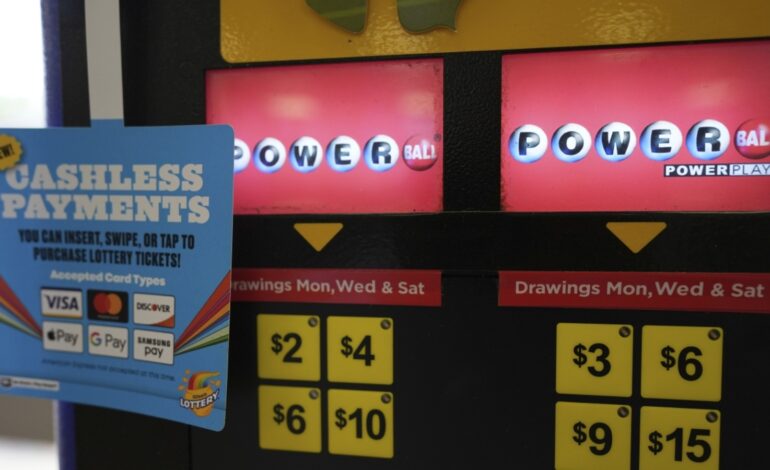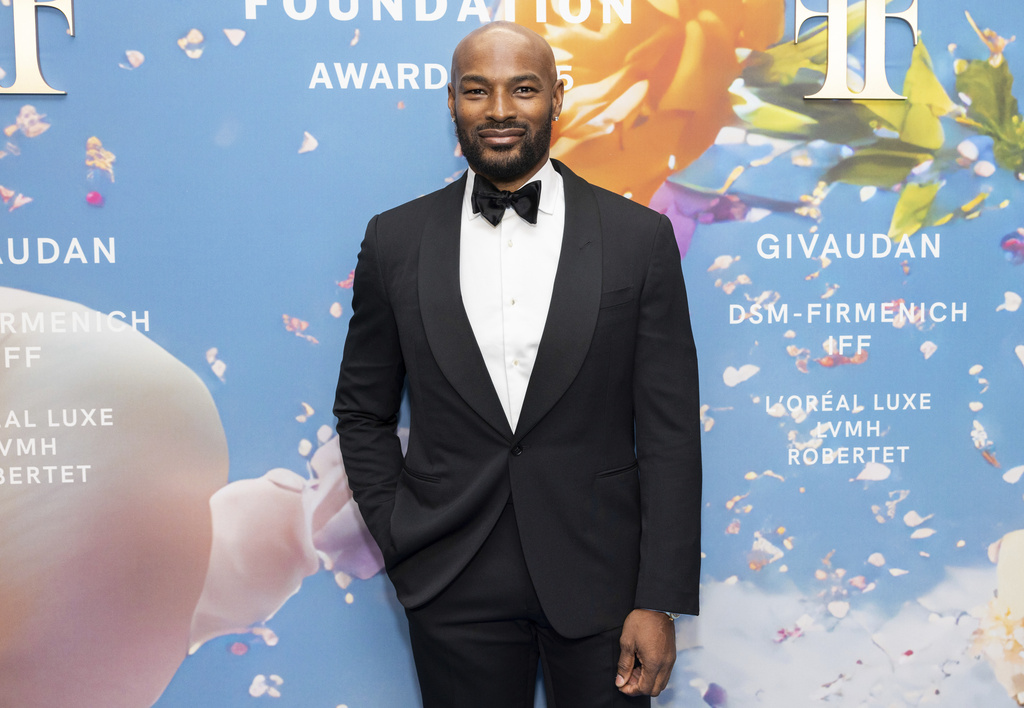Missouri and Texas Players Claim $1.8 Billion Powerball Jackpot

Powerball players in Missouri and Texas have won the estimated $1.8 billion jackpot, marking a significant event after a three-month period without a major winner. The winning numbers drawn on March 15, 2024, were 11, 23, 44, 61, and 62, with the Powerball number being 17. This monumental win comes after a staggering 41 consecutive drawings failed to yield a jackpot winner, the last of which took place on May 31, 2023.
Alongside the jackpot winners, two additional players achieved the Match 5 + Power Play, securing $2 million each by matching all five white balls while opting for the Power Play option. These tickets were sold in Kansas and Texas. In total, 18 players matched all five white-ball numbers, earning $1 million each, though they did not match the Powerball number.
Lottery Odds and Winning Strategies
Powerball’s odds are notoriously challenging at 1 in 292.2 million, a design intended to create substantial jackpots by rolling over until a winner emerges. Lottery officials emphasize that while the odds of winning the jackpot are steep, they are considerably better for smaller prizes, which are awarded in three weekly drawings. The latest jackpot winner can choose between receiving 30 payments over 29 years through an annuity or opting for the cash option, which for this drawing is estimated at $826.4 million.
Powerball tickets are priced at $2 and are available in 45 states, as well as Washington, D.C., Puerto Rico, and the U.S. Virgin Islands.
Historically, lotteries in America date back to the 1700s, when they served as a means for governments to raise funds. According to Jonathan D. Cohen, author of “For a Dollar and a Dream: State Lotteries in Modern America,” lotteries originated from a distinctly American desire for public services without taxation. Initially, lotteries resembled raffles, with winners announced at local fairs.
Over the years, the approach transformed, particularly in the 1980s when live drawings became popular. Cohen notes that these events showcased the winners’ personal stories, significantly boosting lottery appeal. However, the emergence of large multi-state lotteries like Powerball and Mega Millions shifted the focus away from individual stories, allowing for larger jackpots but diminishing the personal connection.
Anonymity and Public Perception of Winners
In the current lottery landscape, nine states permit complete anonymity for winners, while ten states allow it only for prizes above a designated amount, ranging from $10,000 in Minnesota to $10 million in Virginia. In states where disclosure is required, winners can still claim prizes anonymously through private trusts. For instance, attorney Mark K. Harder represented a Michigan couple who claimed a jackpot of $842.4 million in 2024, highlighting their desire for privacy and security.
The narrative surrounding lottery winners can be complex, as illustrated by the case of Andrew “Jack” Whittaker Jr., who became a household name after winning $113.4 million in 2002, the largest jackpot won by a single ticket at the time. Whittaker’s subsequent struggles with scandals and personal issues led him to express regret over his win, ultimately passing away in 2020.
Cohen asserts that while high-profile cases can be cautionary tales, most lottery winners experience positive outcomes, often becoming healthier and wealthier than non-winners. States also have a vested interest in transparency, as public disclosure helps prevent fraud and maintains trust in the lottery system.
The winner of the largest jackpot to date purchased the ticket in California, a state that mandates disclosure. Edwin Castro, who claimed a $2.04 billion jackpot in 2022, issued a statement but did not speak to the media. In contrast, a Laotian immigrant who won a $1.3 billion Powerball jackpot last year embraced publicity, showcasing his check at a press conference.
Stories of lottery winners can inspire and motivate, as noted by Shultz, a recent winner who believes his experience could serve as a beacon of hope for others. As Powerball continues to captivate players across the nation, the balance between anonymity and public recognition remains a topic of ongoing discussion.






